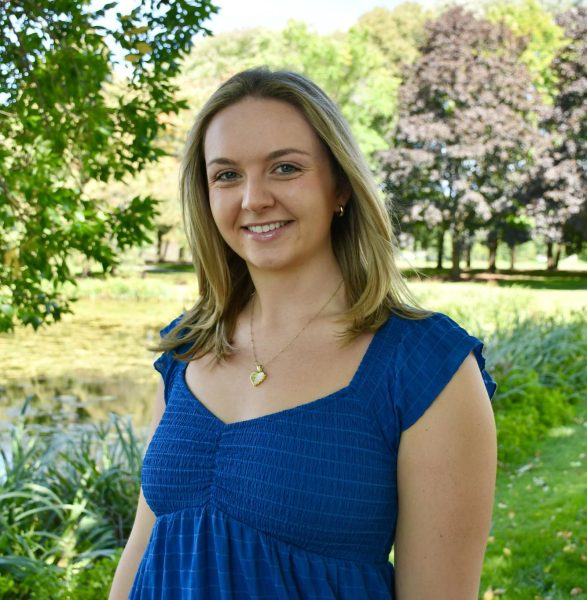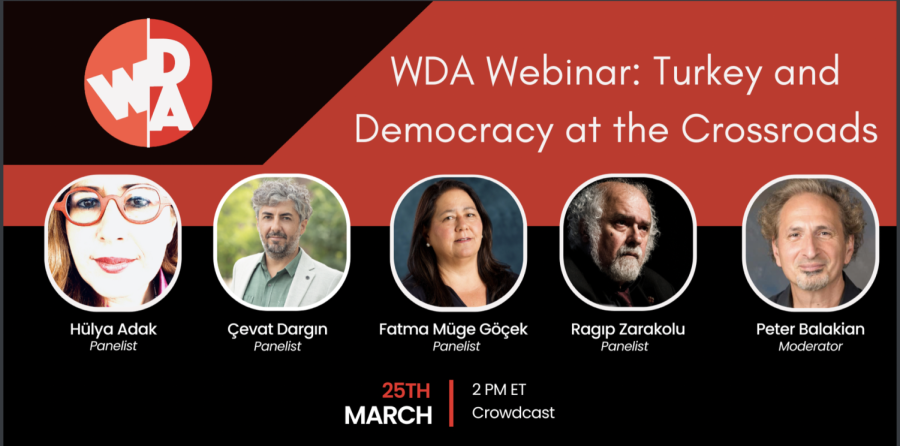Webinar Discusses Political Turmoil in Turkey Amid National Disasters
Writers for Democratic Action (WDA) hosted a webinar titled “Turkey and Democracy at the Crossroads” on Saturday, Mar. 25. The event was moderated by Peter Balakian, the Donald M. and Constance H. Rebar Professor of the Humanities in Colgate University’s Department of English. Balakian is also one of the co-founders of Writers for Democratic Action, an events-based organization that partners with bookstores and literary organizations to promote and protect democracy both within the United States and on a global scale.
“We worked with writers and communities and bookstores especially in swing states to get out the vote for Biden and Harris. After the Biden victory and the horror of the January 6 Insurrection, we decided to keep our organization going. We worked in the fall 2022 elections and throughout the year we put on webinars in our Democracy Book Club series every month,” Balakian said.
The panel discussed recent political turmoil in Turkey, including recent natural disasters and how the government is choosing to handle the issues that continue to arise.
“Turkey is a vital nation in the crossroads of Europe and the Middle East and [the] most eastern nation of NATO. Turkey has been cited for human rights violations regularly by Human Rights Watch and Amnesty International. Recently the Turkish people have been subjected to a severe authoritarian crackdown since 2016 by President Erdogan,” Balakian said. “The recent earthquake in Turkey has unmasked more of its problems. What happens in Turkey affects many geopolitical regions from Europe to Russia and Ukraine, to the Middle East, Transcaucasia and Central Asia.”
Hülya Adak is an associate professor of comparative literature and gender studies and director of the Gender Studies Center at Sabancı University. Adak participated in the webinar as one of the panelists. She discussed the many ways that women and gender studies have been affected in recent years, with many women and gender study centers shrinking and undergoing name-changing to broader terms such as “family study centers.” Amidst this change, Adak also addressed how university students are being affected by the recent earthquake which struck on Feb. 6.
“University students have been sent home and their dorms have been given to earthquake survivors […] we are going through a second crisis after COVID, I would say,” Adak said.
While the people of Turkey hoped that the recent events would have sparked action from the government, they continue to be disappointed by the efforts of President Erdogan. Fatma Müge Göçek, professor of sociology at the University of Michigan and one of the panelists, discussed the government’s current sub-par policies.
“The only positive relations we have are with Africa or sort of unequal relationships where Turkey is in power,” Göçek said.
The issues with Turkey’s government continue to affect the lives of the people of Turkey, with President Erdogan’s implementation of severe policies and a delayed effort to help those affected by the recent earthquake. The Webinar offered a space to discuss these recent issues, as well as advocate for a more just Turkish government.

Claire Dodds is a senior from Cresskill, N.J., concentrating in international relations with a minor in art history. Previously, Claire has served as Arts...






